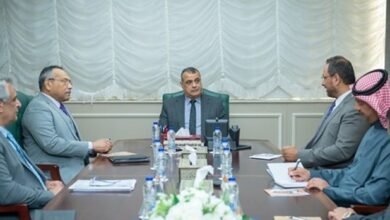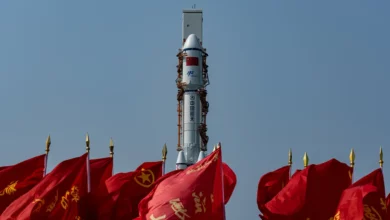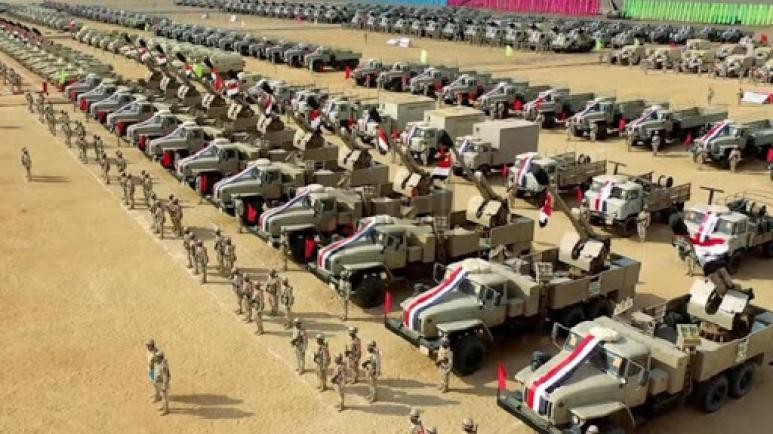One young woman says she was beaten and given electric shocks inside a military truck during clashes between protesters and the counter-protesters in the Cairo neighborhood of Abbasseya on 23 July.
Her crime? Carrying foreign currency.
Yasmine Samy, who works as a tour guide and says this is the reason she was carrying US dollars, says that during the clashes she was apprehended by a man in civilian clothes.
A civilian woman then beat her with a wooden stick, she says, before military police took her inside a military truck. She says that inside the truck, she was given electric shocks, beaten and interrogated. She says she was then taken to an unidentified office and interrogated before being deposited on the streets of Nasr City.
The 26-year-old added that the military officer asked the man in civilian clothes to take her picture holding the dollars.
Samy’s testimony could not be independently verified.
Ahead of the planned, peaceful march from Tahrir Square toward the Defense Ministry, the ruling Supreme Council of the Armed Forces (SCAF) released a statement that accused protesters of receiving foreign funding to undermine the Egyptian state.
Thousands of marchers were ambushed between a military cordon from one side and attacked by civilians armed with rocks, sticks, knives and Molotov cocktails. More than 300 people were injured, according to the Health Ministry.
Samy, who says she does not belong to any political party or movement, was part of the protesting group before being apprehended.
The possession of foreign currency is not a crime in Egypt, but the US dollars in Samy’s purse apparently raised the suspicion of military police officers who oversaw her beating, while asking her about the source of the money.
“A man in civilian clothes dragged me from my hair and swept me against the truck’s ground amid a stream of insults and curses. Then he strained my hands and legs and the military officer gave me electric shocks until my nose started bleeding,” Samy says.
The truck then moved to a place where she was interrogated by a man. Samy could not recognize the place or the interrogator as she was blindfolded.
Egypt’s military has come under criticism from local and international human rights organizations for continued abuses of detainees and prisoners since it took control of the country in February. Protesters maintaining the sit-in at Tahrir Square since 8 July have been calling for an end to military trials for civilians, among other demands.
Nineteen political movements and parties released a statement in a press conference Monday denouncing attempts by SCAF “to defame the revolutionaries by accusing them of dividing the people and the army," in addition to the “random and ungrounded treason accusations of some of the nationalistic youth groups, such as Kefaya and April 6 movements, which were part and parcel of the revolution.”
The statement added that “the blame for the attacks can’t be simply put on Abbasseya residents, although some drifted behind these rumors, but dozens of them have shown solidarity with us and helped us get out of this massacre that was prepared in advance by the Interior Ministry thugs under the nose of the military police and the Central Security, which led to arrest and injury of hundreds others.”
The signatories, which included the 25 January Revolution Youth Coalition, the Egyptian Democratic Party, the Labor Democratic Party and the Democratic Front Party, urged SCAF to set a timetable to hand over power to civilians. They also demanded an immediate end to all military trials for civilians and to bring those tried in military courts before their normal judge.




